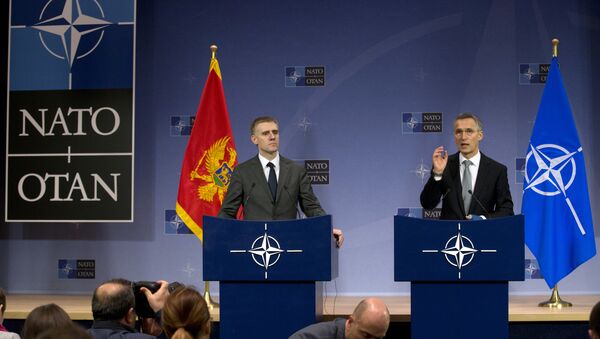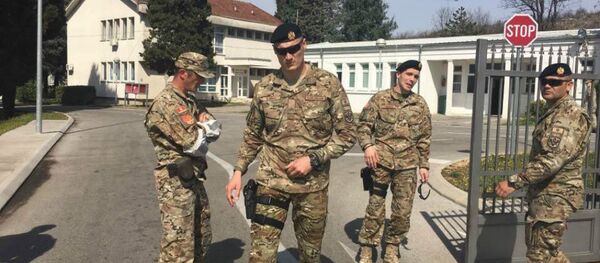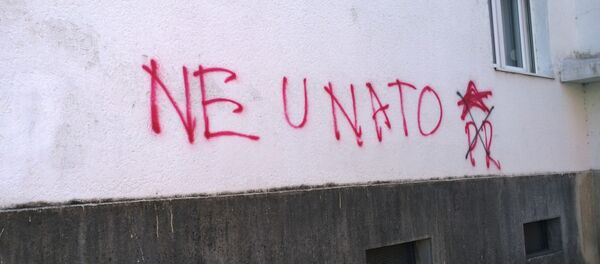WASHINGTON (Sputnik) — On Tuesday, the US Senate approved by an overwhelming vote of 97 to two, permitting the tiny Balkans nation of Montenegro to join the US-led NATO alliance.
"NATO should recognize Russian concerns regarding ethnic Russians outside of the borders of the Russian Federation, and Moscow's historic connections with Slavic nations in eastern Europe and the Balkans," Schirach said on Wednesday.
"Montenegro's accession to NATO will change nothing when it comes to the balance of forces in Europe. However… this enlargement of the Western alliance is a real problem, contributing to the further deterioration of East-West political relations," he observed.
The controversy between Russia and NATO, led by the United States over Montenegro joining the alliance was indicative of the under currents of deep distrust between the United States and Russia, Schirach explained.
Montenegro NATO membership should be a non-issue, Schirach observed.
"Hard to believe that a small Balkan country, with a population of 650,000, an army with only 2,000 soldiers, and a country GDP that is about the same size as the budget of the New York City police will alter the balance of forces in Europe," he said.
However, from Moscow’s perspective the move was just another step in a long-established process of NATO expanding across Eurasia to surround Russia, Schirach explained.
"Russia sees the step of Montenegro joining NATO as further evidence of a relentless eastward alliance expansion, most likely with the intent of encircling the Russian Federation, therefore creating a national security threat for Moscow," he said.
The US and other western countries instead wanted to portray the extension of NATO's protection to Montenegro as a manifestation of western political resolve, Schirach noted.
Yet it was also clear that the population of Montenegro, just over 620,000 was quite divided on the issue, Schirach acknowledged.
Montenegrins have repeatedly taken to the streets en masse to protest and prevent their country from joining NATO.
The issue of Montenegro’s NATO membership comes at a uncertain time in teh Balkans when Albanians in Macedonia, Kosovo and Albania have presented their "Tirana platform" that effectively seeks to federalize and partition Macedonia, thus threatening the stability of the region and a wider conflict. The Albanians are supported by the United States as it seeks to solidify NATO's souther flank, according to reports.





